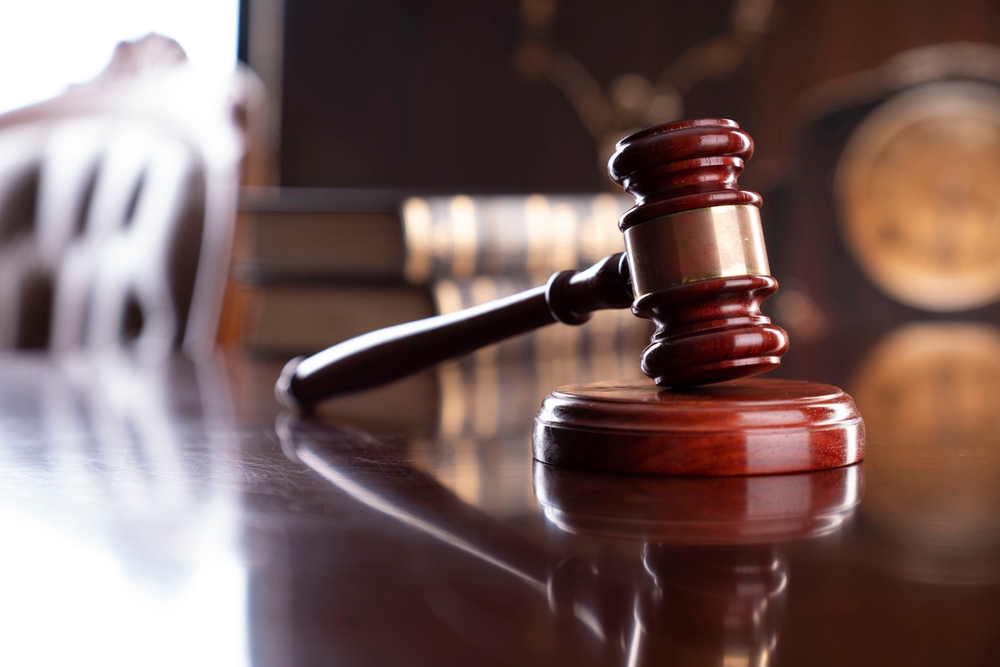With a recent ruling by the U.S. Court of Appeals 5th Circuit, Green Mass Tort Litigation suffered a serious setback. Every case brought for public nuisance has been dismissed, with most judges ruling that climate change questions are the responsibility of legislature, not the judiciary branch of government. The rulings fall under the political question doctrine, which dictates that some legal questions cannot be resolved in court.
In the case of Comer v. Murphy Oil, the judge’s order was previously reversed by a panel of judges. But on appeal, a second panel of judges decided they could not re-hear the appeal and must revert to the original trial judge’s ruling. This case is the famous “Katrina” lawsuit in which Katrina victims seek monetary damages, alleging that global warming due to oil and gasoline emissions contributed to the severity of the storm.
One other claim for monetary damages is also being watched closely for the outcome. This case originates in the Article Circle where the Inupiat village of Kivalina seeks remunerator for relocation expenses. The tribe’s island is eroding rapidly and the village wants Exxon to pay for the tribe’s move to the mainland. That case was dismissed in September 2009 and is currently pending appeal on two basic grounds.
- The argument that the case is a nonjusticiable political question rested on incorrect assumptions, causing an error of law. The court ruled they must weigh the balance of the alleged nuisance against the harm caused. However, in cases where the harm to the Plaintiff is great and damages are sought, no such analysis is required.
- The argument that the Plaintiff must trace each pollution molecule back to individual defendants to prove damages is unsupportable. It would place undue burden on the Plaintiff in arguing a case that has clear merits.
The country will now turn its attention to a third nuisance claim, this one brought by several states against polluting companies for the alleged harm to human health and natural resources from the emission of carbon dioxide by utility companies. Rather than monetary damages, the Plaintiffs seek abatement of the defendant’s alleged carbon dioxide emissions. In Connecticut v. AEP, the court cited the political question doctrine in its 2005 dismissal. However, the US Court of Appeals for the 2nd Circuit overturned the decision on September 21, 2009. Currently, the defendants in the case are waiting to learn if the Supreme Court will agree to hear the case.
It is likely that Plaintiffs in Comer v Murphy Oil will also appeal to the Supreme Court. Only time will tell if the court agrees to hear either case. The court will be forced to rule on whether the panel of judges had the right to dismiss the previous panel’s ruling, effectively allowing a single judge’s opinion to decide the case.
Childers, Schlueter & Smith is a firm with a deep understanding of Mass Tort Litigation. Let us put our knowledge and experience to work and help you find justice. Contact us today.
Other Mass Torts News
If you develop cancer or a condition associated with chemical straighteners, it’s important to know your legal options and how to proceed.
While Suboxone helps fight opioid addiction, it’s now at the center of a growing legal battle over severe, preventable dental harm not disclosed to patients for years.
Women across the U.S. are filing lawsuits against Pfizer after a major study linked long-term use of Depo-Provera to a fivefold increase in the risk of developing brain tumors known as meningiomas.
Women diagnosed with meningiomas after using Depo-Provera may be eligible for financial compensation, as lawsuits claim Pfizer failed to warn about the potential risk of brain tumors.
Toxic torts arise when individuals are harmed by exposure to dangerous chemicals or substances—whether at work, at home, or through environmental pollution. Victims may be entitled to compensation for their suffering.
Mass tort lawsuits involve multiple plaintiffs harmed by a common cause and proceed through several stages. A mass tort attorney can help determine whether your injuries qualify for a claim.







